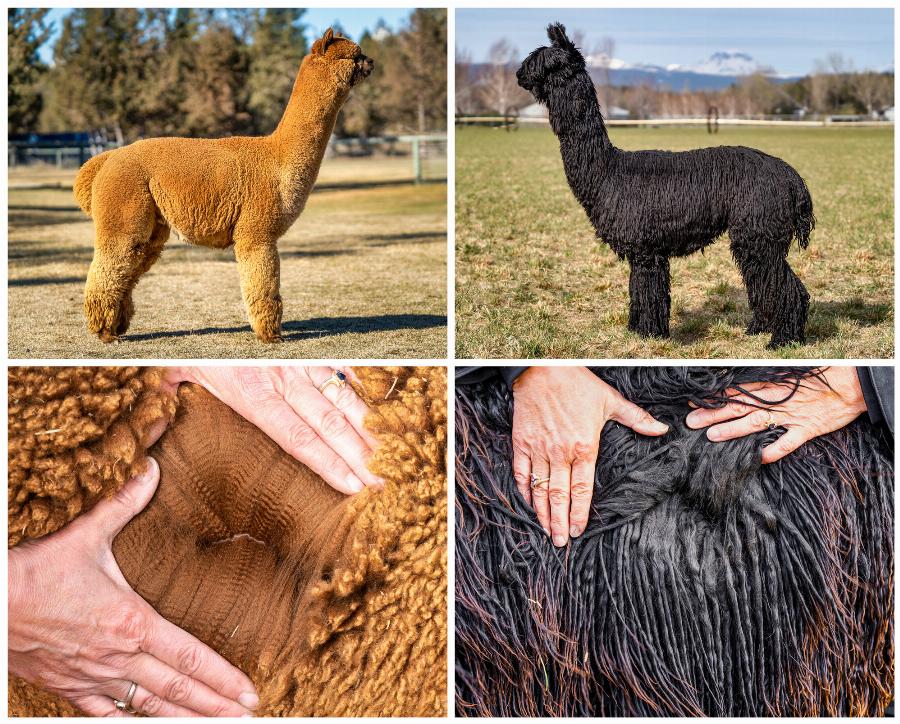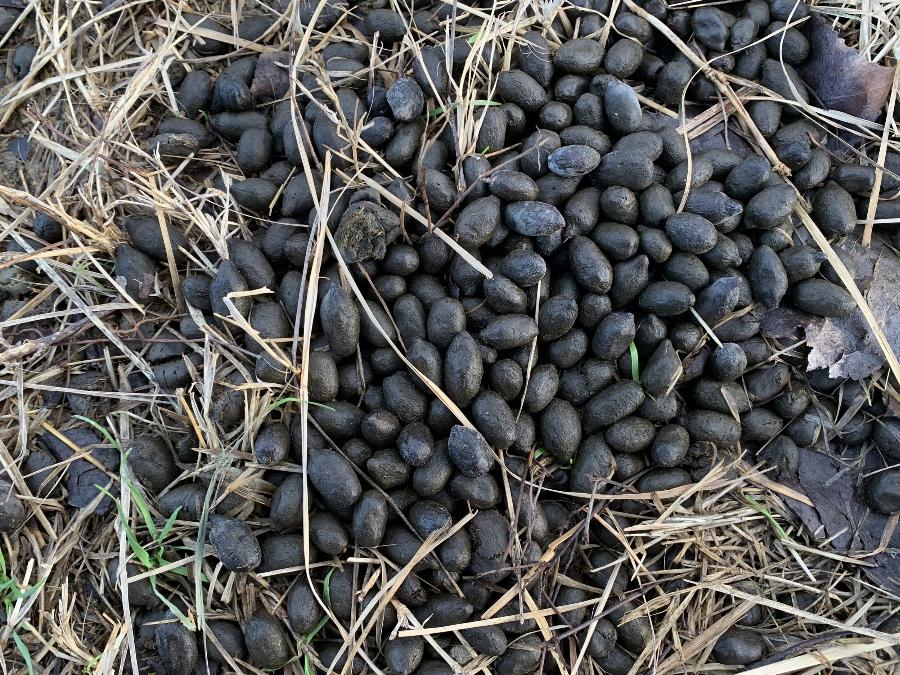Nội dung bài viết
Can Alpacas Eat Oranges? It’s a question many alpaca owners and enthusiasts ponder. While these fluffy camelids are known for their love of hay and grass, their dietary needs are a bit more nuanced. Understanding what alpacas can and can’t eat is crucial for their health and well-being. Let’s dive into the world of alpaca nutrition and explore the juicy question of whether oranges are a safe and healthy treat for these adorable animals.
Origin and Significance of Alpacas
Alpacas, originating from the Andes Mountains of South America, have a rich history intertwined with the cultures of the Inca civilization. For centuries, these gentle creatures have been prized for their luxurious fleece, providing warmth and comfort in the harsh Andean climate. Why were alpacas so important to the Incas? They were a source of both fiber for clothing and meat, playing a vital role in their economy and survival.
Types of Alpacas and Their Characteristics
Two primary types of alpacas exist: the Suri and the Huacaya. The Suri alpaca is easily recognizable by its long, silky, dreadlock-like fleece, which hangs gracefully down its sides. In contrast, the Huacaya boasts a dense, crimpy fleece, giving it a fluffy, teddy-bear-like appearance. Are these differences only skin deep? No, these variations in fleece also impact the type of yarn and textiles produced.
 Alpaca Suri and Huacaya Comparison
Alpaca Suri and Huacaya Comparison
Alpaca Care and Husbandry
Providing proper care for alpacas involves more than just feeding them hay. Their digestive system is specially designed to process fibrous plants, so their diet should primarily consist of high-quality hay or pasture. What else do alpacas need? They also require access to fresh water, mineral supplements, and regular health checkups.
What Should Alpacas Eat?
A balanced diet for alpacas centers around good quality hay, complemented with a carefully controlled amount of supplemental feed. Avoid sudden changes in their diet as it can upset their sensitive digestive systems. How can you monitor their digestive health? Keep a close eye on their droppings; changes in consistency can indicate dietary issues.
 Alpaca Eating Hay – Healthy Diet
Alpaca Eating Hay – Healthy Diet
The Alpaca Industry and Its Products
The alpaca industry is thriving, thanks to the growing demand for luxurious and hypoallergenic alpaca fiber. From soft sweaters and warm blankets to durable socks and stylish accessories, alpaca products are gaining popularity worldwide. Can alpacas eat oranges given the importance of their fiber? The answer, like their digestive systems, is delicate.
Interesting Facts and Myths about Alpacas
Alpacas are known for their gentle nature and unique behaviors. They are social animals that thrive in herd environments. One peculiar habit of alpacas is their communal dung pile, known as a midden. Why do they do this? This behavior helps maintain hygiene within their living space and minimizes the spread of parasites.
 Alpaca Herd and Communal Dung Pile
Alpaca Herd and Communal Dung Pile
Can Alpacas Eat Oranges: The Verdict
So, can alpacas eat oranges? While oranges aren’t toxic to alpacas, they’re not recommended as part of their regular diet. Their digestive systems are geared towards processing fibrous plants, not citrus fruits. Small amounts might not cause harm, but offering oranges regularly can lead to digestive upset and other potential health problems. Focus on providing them with what they naturally thrive on – good quality hay and appropriate supplements. Is it ever okay to offer a treat? Occasionally, a small slice of apple or carrot is a much safer and more appropriate treat.
FAQ
Q: What are the signs of an unhealthy alpaca?
A: Signs of an unhealthy alpaca include lethargy, loss of appetite, changes in dung consistency, and difficulty breathing. Consult a veterinarian immediately if you observe these symptoms.
Q: How often should alpacas be sheared?
A: Alpacas are typically sheared once a year, usually in the spring or summer, to relieve them of their thick fleece and prevent overheating.
Q: How long do alpacas live?
A: Alpacas can live for up to 20 years, provided they receive proper care and nutrition.
Q: What is the difference between an alpaca and a llama?
A: While related, alpacas are smaller than llamas and are primarily raised for their fiber, while llamas are often used as pack animals.
Q: Are alpacas good with children?
A: Generally, alpacas are gentle and friendly animals that can be good companions for children. However, proper supervision and interaction are essential.
Conclusion
Alpacas are fascinating creatures with unique dietary requirements. While the question “can alpacas eat oranges?” might pique our curiosity, understanding their digestive system and sticking to their natural diet ensures their health and longevity. By focusing on providing high-quality hay, necessary supplements, and a safe environment, we can help these gentle animals thrive. Let’s continue to learn and appreciate the wonderful world of alpacas and the important role they play in providing us with sustainable and luxurious fiber. Can alpacas eat oranges? While technically possible in small amounts, it’s best to stick to what they naturally thrive on.